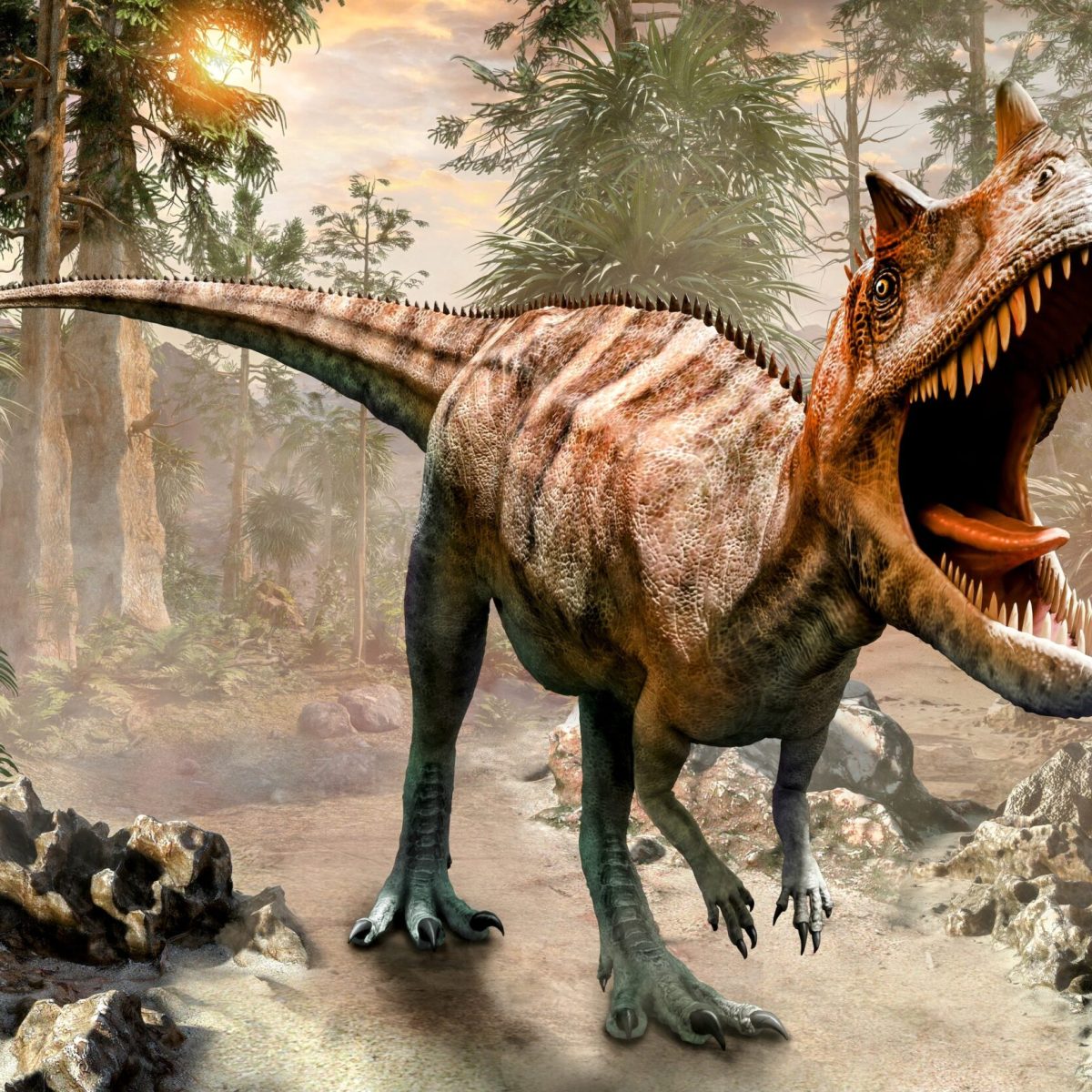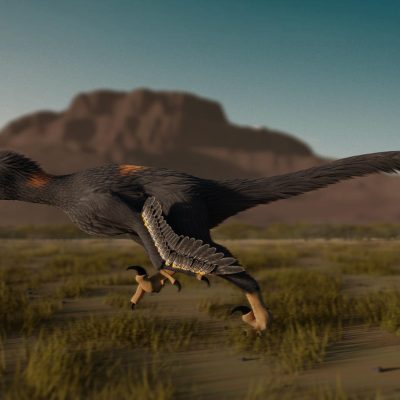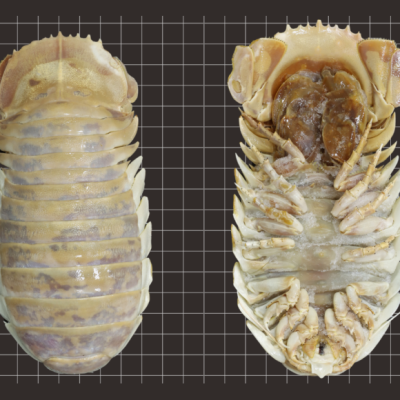A new dinosaur species has been discovered in Brazil, and it’s a relative of the T-Rex. However, this dinosaur, named Berthasaura leopoldinae or “Bertha,” had a unique feature – instead of teeth, it had a beak. The fossil was found by scientists from the Federal University of the State of Rio de Janeiro during excavations in the southern state of Paraná. The discovery is significant because the skeleton of the relatively small dinosaur is almost entirely intact, making it one of the most complete dinosaur specimens ever found.
According to Alexander Kellner, the director of the Brazilian National Museum, the scientists never expected to find a theropod dinosaur without teeth. However, this doesn’t necessarily mean that Bertha didn’t eat meat. Theropods are typically carnivorous or omnivorous, and the scientists believe that Bertha may have used its beak to eat meat, similar to modern-day birds. Geovane Alves Souza, a paleontologist, suggests that Bertha was likely an omnivore that lived in a harsh environment.
The discovery of Bertha is significant because it sheds light on the evolution of theropod dinosaurs and their feeding habits. The scientists were able to estimate that Bertha weighed around eight to ten kilograms at the time of its death, based on the almost complete skeleton. The discovery of this unique dinosaur species is a testament to the importance of continued scientific research and exploration, as there may be many more fascinating discoveries waiting to be made.
In conclusion, the discovery of Berthasaura leopoldinae, a theropod dinosaur with a beak instead of teeth, is a significant find for scientists studying the evolution of dinosaurs. The almost complete skeleton of this relatively small dinosaur provides valuable insights into its feeding habits and the harsh environment in which it lived. This discovery highlights the importance of continued scientific research and exploration, as there may be many more fascinating discoveries waiting to be made.










